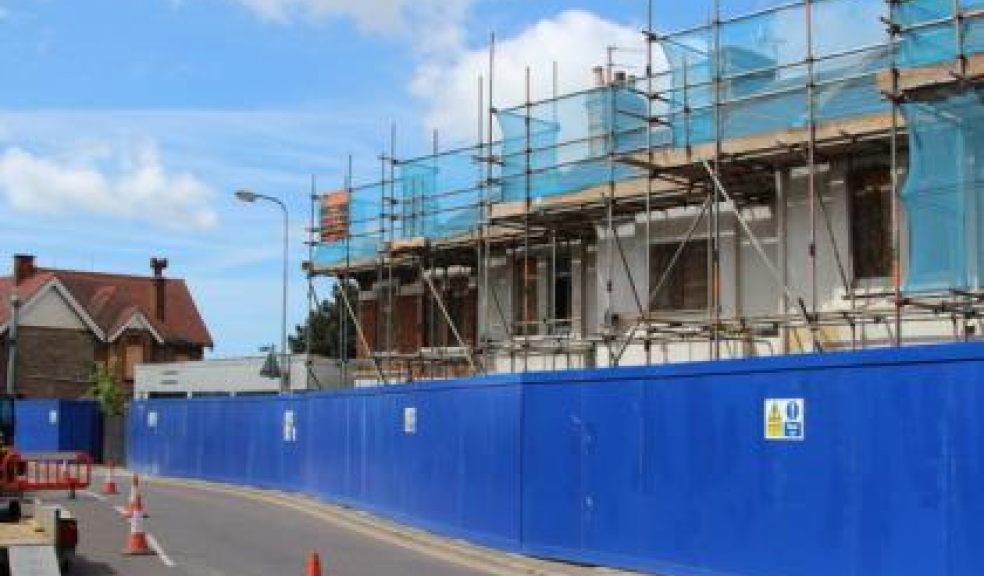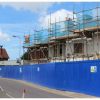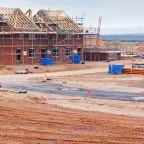
Growth in SW construction slows
The pace of increase in construction sector workloads continue to slow, according to the latest RICS UK Construction Market Survey, extending a trend that goes back to the middle of last year.
Across all sectors in the South West region a subdued picture is painted; 12% more respondents reported a rise in activity over the previous three months compared with 32% in the first quarter, with the most distinct slowdowns being seen in the private housing and private commercial subdivisions. Most notably 24% of contributors still reported an increase in private housing activity – although down from 48% in Q1 - while 12% of respondents saw their workloads in the private commercial sector rise in Q2 – down from 43% previously.
Martyn Stubbs MRICS of Nixey Powell Partnership Limited, Bath, commented: “There may be a period of uncertainty within the industry whilst it awaits the outcome of changes resulting from the EU referendum.”
Significantly, for the second successive quarter, the largest national constraint on output according to respondents is finance with more than two-thirds of contributors highlighting this as the principal challenge. Meanwhile, planning and regulatory delays also remain a key issue with 60% of respondents citing that these are constraining growth.
Despite the slowdown in activity in Q2, skills shortages remain a problem across the region. This lack of appropriately skilled labour continues to hold back growth. Bricklayers and quantity surveyors remain in particularly short supply with 37% and 51% of respondents citing difficulties in these areas.
The more uncertain prospects for the economy have led to a less optimistic outlook for the sector over the year ahead. Although, putting this in perspective, 35% more contributors still expect activity to rise rather than fall over this period. On average, contributors foresee their workloads increasing by 1.2% over the coming 12 months, significantly weaker compared growth projections of 2.9% in Q1. Expectations for employment growth have also moderated significantly with a rise of 1.1% anticipated, down from 2.1% the previous quarter.
Aside from in Scotland where activity flatlined relative to Q1, respondents in all other parts of the UK continue to report a rise in workloads.
Simon Rubinsohn, RICS Chief Economist, commented: “The latest results from the RICS Construction Market Survey suggest that the second quarter of the year saw a further moderation in the growth trend which is not altogether surprising given the build-up to the EU referendum. Significantly, the biggest issue at the present time alongside uncertainty looks to be credit constraints with over two thirds of contributors highlighting this issue as a concern.
“Encouragingly, the swift actions of the Bank of England in creating additional capacity for the banking sector to provide funding to meet demand should help alleviate some of this pressure. Nevertheless, anecdotal evidence does indicate that the challenge for the British government in establishing a new relationship with the EU could see some investment plans in the construction sector scaled back.”

















